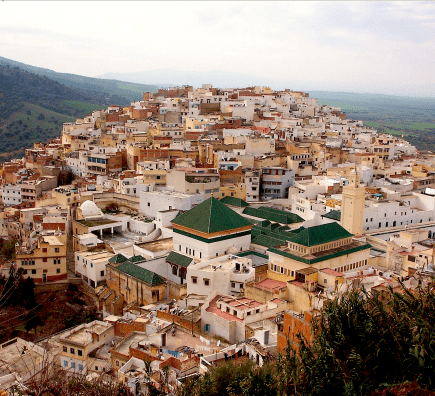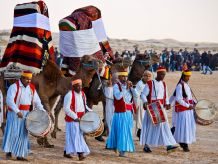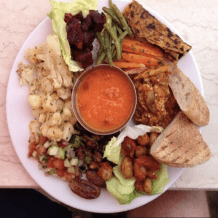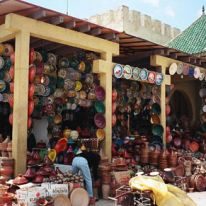
As the holy month of Ramadan soon approaches in Morocco, with estimated fasting dates of April 25th – May 24th, 2020, the kingdom’s Muslim community is hoping the COVID-19 and the lockdown will not affect their sacred month. As a result, more attention has been placed on the Prophet Muhammad and his teachings. In particular the question ‘How would the founder of Islam have handled the pandemic over 1,300 years ago? ” has been circulating among Moroccans.
Recently, many of faithful are referencing parts from the Quran where Muhammad has stated things like, “if an outbreak of plague is announced in a land, do not enter it; and if the plague outbreaks out in a place while you are in it, do not leave that place.” He also provided directions for those who are healthy stating “to keep away from those with contagious diseases.” He also advises everyone to adhere to hygienic practices that would keep them safe from infection. Muhammad also left several notes on the topic of handwashing. ” Wash your hands after you wake up; you do not know where your hands have moved while you sleep.” The importance of cleanliness is always a central part of Islamic practices. From a young age, children are taught that “the blessings of food lie in washing hands before and after eating,” and must be adhered to before praying.
On the subject of keeping faith and knowing when to take action, there is a story about Prophet Muhammad having a conversation with the Bedouin man. This fable has been used for centuries to teache Muslims about how to balance reason and logic while staying devoted. In a story recounted by the ninth-century Persian scholar Al-Tirmidhi – Mohamad asks a Bedouin man of the Sahara desert why he will not tie his camel. “It is because I put my faith in God, ” says the man. To this, Prophet Mohammed responds ” Tie your camel first, then put your trust in God.”
Humble teachings like these are deeply embedded into many stories within the pages of the Quran. Travelers to Morocco interested in learning more about Islam and its origins are recommended to visit Fes and its nearby historical city Moulay Idriss. Located just 63 kilometers from Morocco’s spiritual capital, the scenic town is surrounded by olive and almond trees and is considered one of Morocco’s holiest sites. In 789, Moulay Idriss Al Akbar, the great-grandson of the Prophet Muhammad, settled in Moulay – he is credited with bringing Islam to the western Maghreb and the settlement is named after him. During Ramadan, many Moroccan Muslims visit the site, dispersed over hills at the foot of Mount Zerhoun. Five trips to Moulay Idriss is considered a worthy substitute for a pilgrimage to Mecca for a Muslim.





